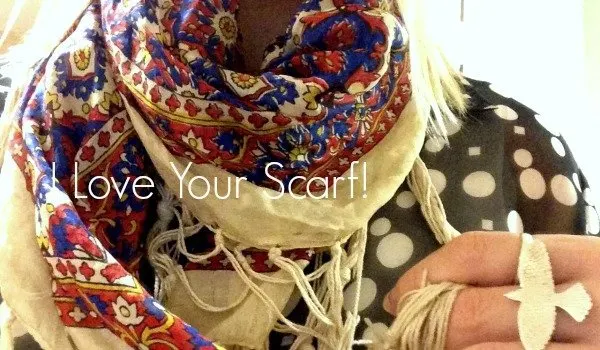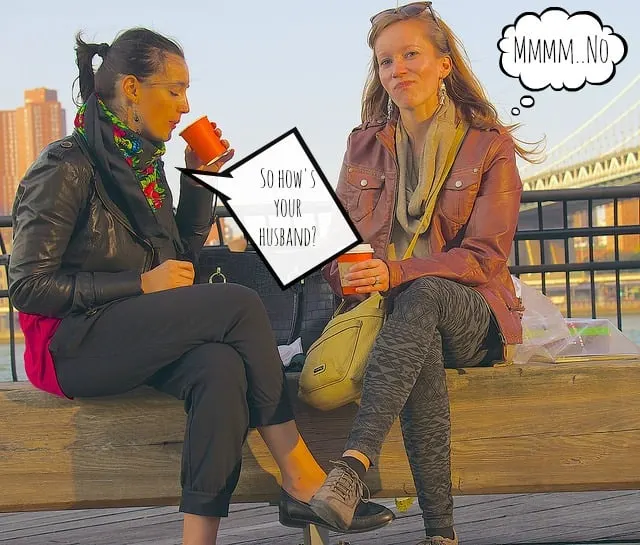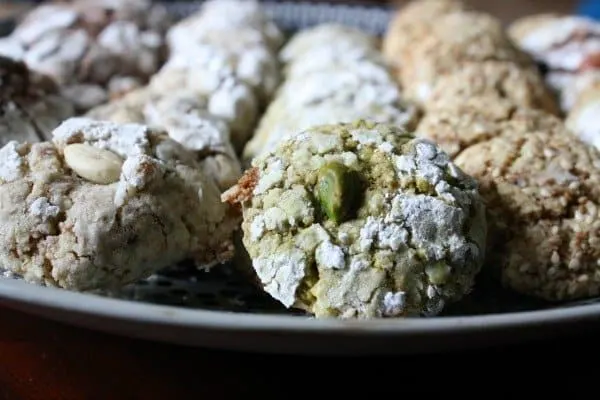Today’s post is at the request of a reader who will be traveling to Morocco soon. The topic may seem straightforward to someone living in North America or Europe. If someone has a nice shirt you might say, “wow I really like your shirt!” to which they’ll typically respond, “thank you!” or some variation of this conversation. Certainly, the frequency and context of making and accepting compliments vary depending on the country however it most often is simply an exchange of pleasantries.
Not so in Morocco.
There are some unwritten rules to complimenting here – and you’ll find yourself more at ease if you know before you go. Before I get into this let me point out it’s impossible to generalize ALL Moroccans, certainly not all of these apply to everyone. There is a wide range of protocol depending on social class, where in Morocco they live, and whether it’s a rural or urban environment. None of these will fit everyone, and I’m sure I’ve missed some – please keep that in mind while reading!
To illuminate the points I’ll give some examples.

You: Wow! I really love your scarf! Where did you get it?
Your Hostess: Oh you like it? You can have it!
You: Oh no no I just was wondering where I could get one too.
Your Hostess: No, no I insist! *hands over scarf*
Awkward pause.
Crap.
How to Deal with This Situation
Option 1: Take the easy way out avoid complimenting altogether.
Here’s what I’ve learned we (Americans) often use compliments as a means of small talk. A lot of times we don’t genuinely mean it, sure we might like something but we’re not head over heels with it and we certainly don’t want it for ourselves. Other times we are curious because we’d like to buy it or something similar but we don’t want yours. So if you find yourself veering this way, just stop talking and enjoy the silence.
Option 2: Accept the gift if it’s given…
…but be prepared to give the giver something of equal or greater value the next time you see them. So it seems really genuine that a gift is given this way but know there’s usually some expectation that you’ll be giving a gift back at some point that is of equal or greater value. Of course sometimes it really is genuine but the rest of the time there’s an expectation of something more.

You: Oh it’s so nice to see you! How have you been?
Your Hostess: Wonderful and you?
You: Really good! How is your husband? It’s been so long since I’ve seen him
Your Hostess: Fine.
You: Of wasn’t he going to get a new job or promotion?
Your Hostess: Yes.
You: And? What happened? He’s such a good man and hard worker I’m sure he got it!
You Hostess: *Changing subject*
This conversation went downhill fast. Some general advice, don’t talk about another woman’s husband or if you’re a man don’t ask about another man’s wife. It’s fine to casually mention or ask about them (and other family members) in conversation but not at length, and nothing beyond a very basic question. This may be slightly different if you are really good friends but if you are acquaintances or have just met don’t do it. I asked MarocBaba if he ever asked his friends about their wives and it was a resounding no. When I asked why he was puzzled as to why someone would ask that and said he would be offended if someone asked him about me in anyway beyond just a general inquiry. It’s just not polite.
Gift Giving Advice
Lots of people ask me for suggestions on what to bring as gifts to family and friends in Morocco so here is some general advice.

Don’t bring homemade gifts – it’s not what’s “from the heart” that counts. Really, it’s a nice thought but handmade gifts here hold almost no significance. People really do want material things.
If it’s a long-term friendship – keep track of gifts (birthdays/weddings/etc) the expectation is when it’s your turn to give a gift you give something at least the same value and possibly slightly bigger.
Gift ideas for first-time meeting (prospective) family members;
- nice chocolates, cookies, or candies
- perfume for women
- small toys if they have children
- candles
- kitchen towels or tablecloths
- baseball hats (men and boys)
You may be invited to visit someone’s home in Morocco. It could be a friend or someone you’ve just met. In these situations, it is customary to bring a gift. Invitations are often extended for lunch or coffee time. Some ideas of things to bring;
- cookies
- small gift or treat for kids
- flowers
- sugar cones – this is common in rural areas especially or brought to families if someone has died.
I tried to cover some of the larger issues here but if there’s something I’ve left off that you’re still wondering about leave a comment and I will do my best to answer in the comments or update the post.
Tony
Thursday 11th of January 2024
I appreciate the list of gift ideas. As a man, are there some things I shouldn't gift to a married woman? Perfume for example seems a little intimate.
Amanda Mouttaki
Tuesday 30th of January 2024
I would say that you shouldn't directly gift anything to a woman specifically but aim for gifts that are more general for the family.
Kathie
Monday 3rd of April 2023
Hello and I am so glad to have happened upon this blog. I'm visiting next week! and taking a group of artists. We are hosted by a tour guide in his 30's that I have known for the past three years. He has a wife, a baby and daughter about 8? What would I take for the daughter and the baby? Thank you for any help you can give me! And is there such a thing as giving too much? I'm thinking of taking a few items for his wife.
Amanda Mouttaki
Sunday 9th of April 2023
I think if you know someone it's totally acceptable and normal (vs meeting for the first time which could feel a little odd) but who doesn't love getting a gift ;). One thing I know kids here love and don't get to use a lot of is actually art supplies! Markers/paper, pencils, coloring books - these are things usually only used in school and not for play. For the baby, clothes generally are always well received, so a cute outfit might be nice.
Lysa Drew
Wednesday 22nd of February 2023
Hi, I visited a friend in Morocco and he gave me a very unique ring. It has bronze and silver with green and purple on it Half is silver and the other half of the ring is like gold/bronze and it looks like roots. He said I represent the green and he represents the purple. He also stated the silver and bronze represents us together. What kind of gift is this?
Amanda Mouttaki
Friday 10th of March 2023
I'm sorry I have no idea. It sounds like a lovely gift but not something I've ever encountered.
Anthony Senora
Sunday 15th of January 2023
Thank you for your post, it helps me a lot. I have a young Moroccan colleague (Muslim Woman) for 3 years now here in west Africa. We casually talked about work, she saw me having a Moroccan tea, and she ask me if I like the tea, I said yes. And she said it's not the actual Moroccan tea, I will prepare a real Moroccan tea. After few days, after work, she called me and ask me to get my real Moroccan tea and Moroccan soup. I would like to know how to respond to her kindness and hospitality. Small advice is much appreciated.
Thank you for your advice in advance.
Anthony
Amanda Mouttaki
Tuesday 17th of January 2023
Hi Anthony - that's a lovely story. I would suggest doing something similar at some point. Perhaps sharing something she may not have the chance to experience in your culture without your help/insight. I would just leave it very open ended so that it didn't feel uncomfortable due to the male/female dynamic. Or perhaps you could bring something to work to share publicly with her, like a special local food.
Nene
Friday 7th of October 2022
Hello Amanda, What is the best wedding gift one can gift a Moroccan Friend? From a guy to a guy. Thanks
Amanda Mouttaki
Saturday 8th of October 2022
Truthfully - money.